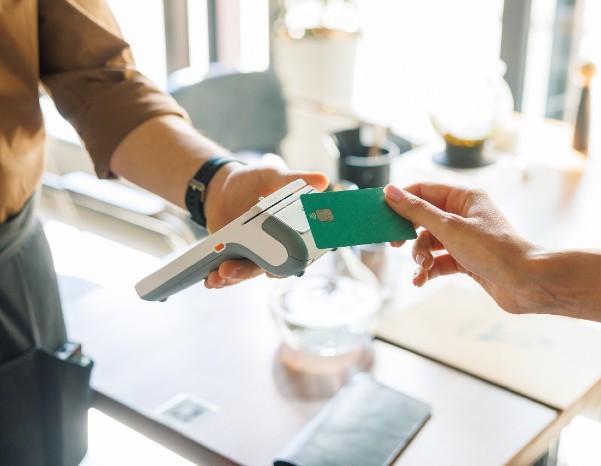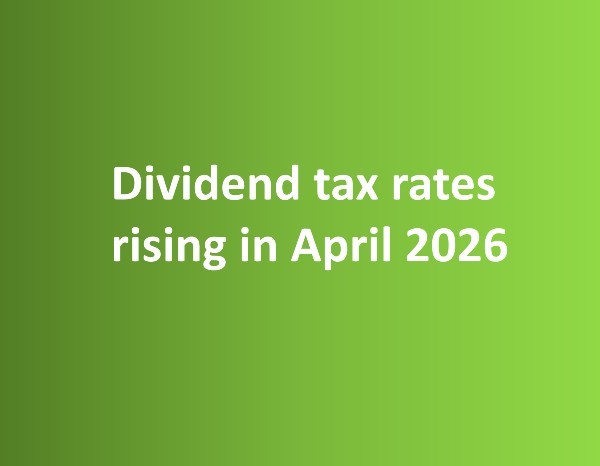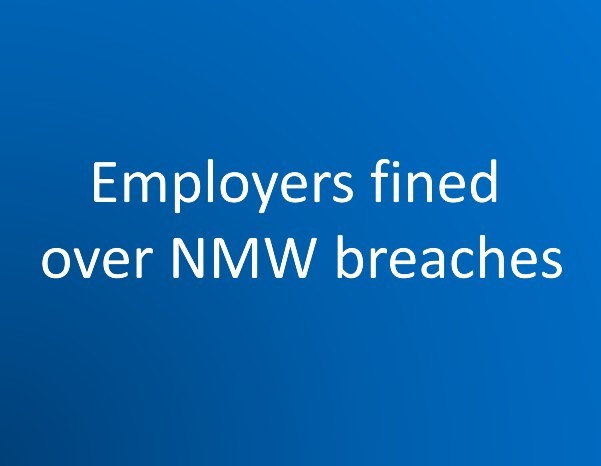
The Financial Conduct Authority (FCA) has put forward proposals that could see the £100 limit on contactless card payments raised - or even removed altogether. If it is agreed, shoppers may soon be able to pay for larger supermarket or restaurant bills with just a tap, without needing to enter a PIN.
Why now?
When contactless payments were introduced in 2007, the limit was only £10. It has been raised gradually over time, most recently to £100 in October 2021.
The FCA says this latest proposal reflects both rising prices and the way technology is changing how people pay. Digital wallets on smartphones already allow unlimited contactless payments because of the added security from face ID or fingerprint checks. As a result, many are now using their smartphone to pay rather than using a card.
How it would work
Under the new plans, banks and card providers - not the FCA - would decide whether to raise limits. Some may even let customers set their own cap or keep the limit lower if they prefer. Payment terminals would also need reprogramming to accept higher-value card transactions.
Although many consumers remain cautious - 78% of those who responded to an FCA consultation wanted the £100 limit to stay - providers argue that fewer interruptions at the till would mean faster payments and less “friction” for both businesses and customers.
Concerns about fraud
Each increase in the limit has raised questions about security. The FCA has put forward this most recent proposal despite consumers and industry respondents already saying they preferred the current rules.
The FCA admits in its own analysis that higher limits would be likely to increase losses from fraud, but it says detection systems are improving. It also stresses that consumers remain protected: they would be refunded if their card was used fraudulently.
At present, safeguards already require a PIN if a series of contactless payments exceeds £300 or if more than five transactions are made in a row. Many banks also allow customers to lower their own contactless limit or switch it off entirely.
Next steps
The FCA’s consultation runs until 15 October, and changes could be introduced early next year. If adopted, the four-digit PIN could become an increasingly rare part of everyday shopping.
For now, the £100 limit remains in place, but businesses may want to prepare for a shift in how customers choose to pay.
See: https://www.bbc.co.uk/news/articles/czjv7jy2r9vo
The information provided in this blog is for general informational purposes only and should not be considered professional advice. As far as we are aware, the content is accurate at time of publication. Torgersens assumes no responsibility for errors or omissions in the content or for any actions taken based on the information provided.

.jpg)

.jpg)




